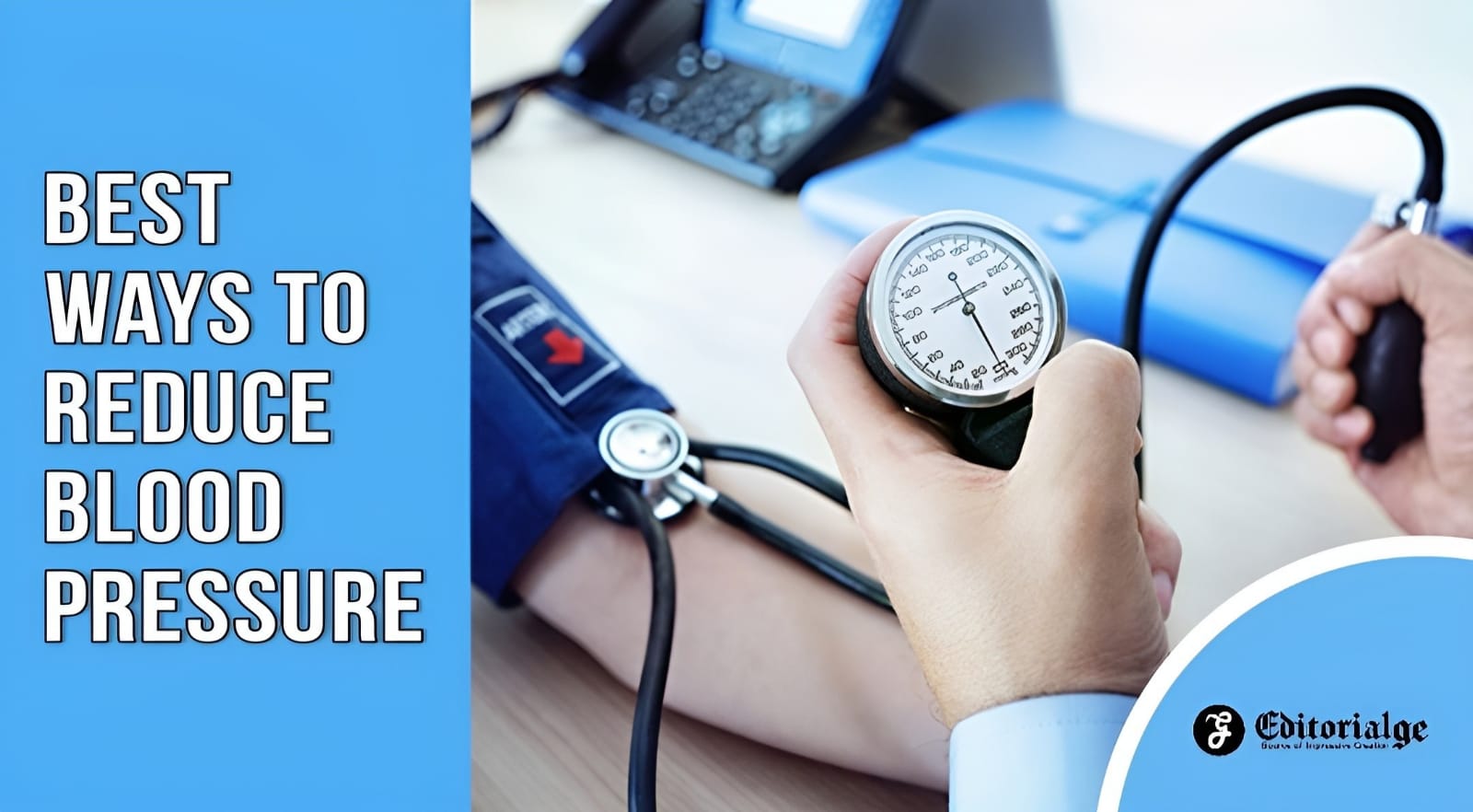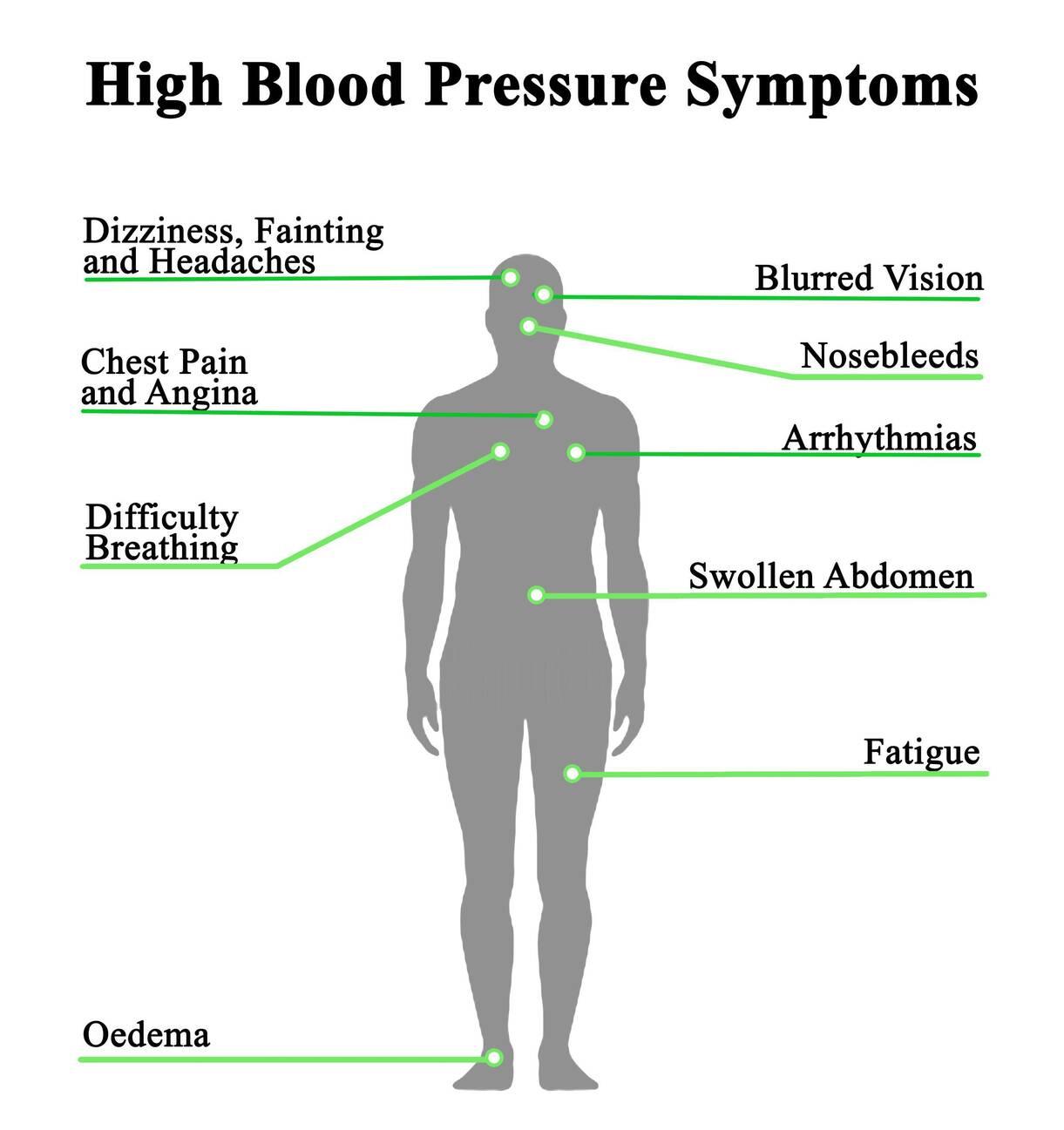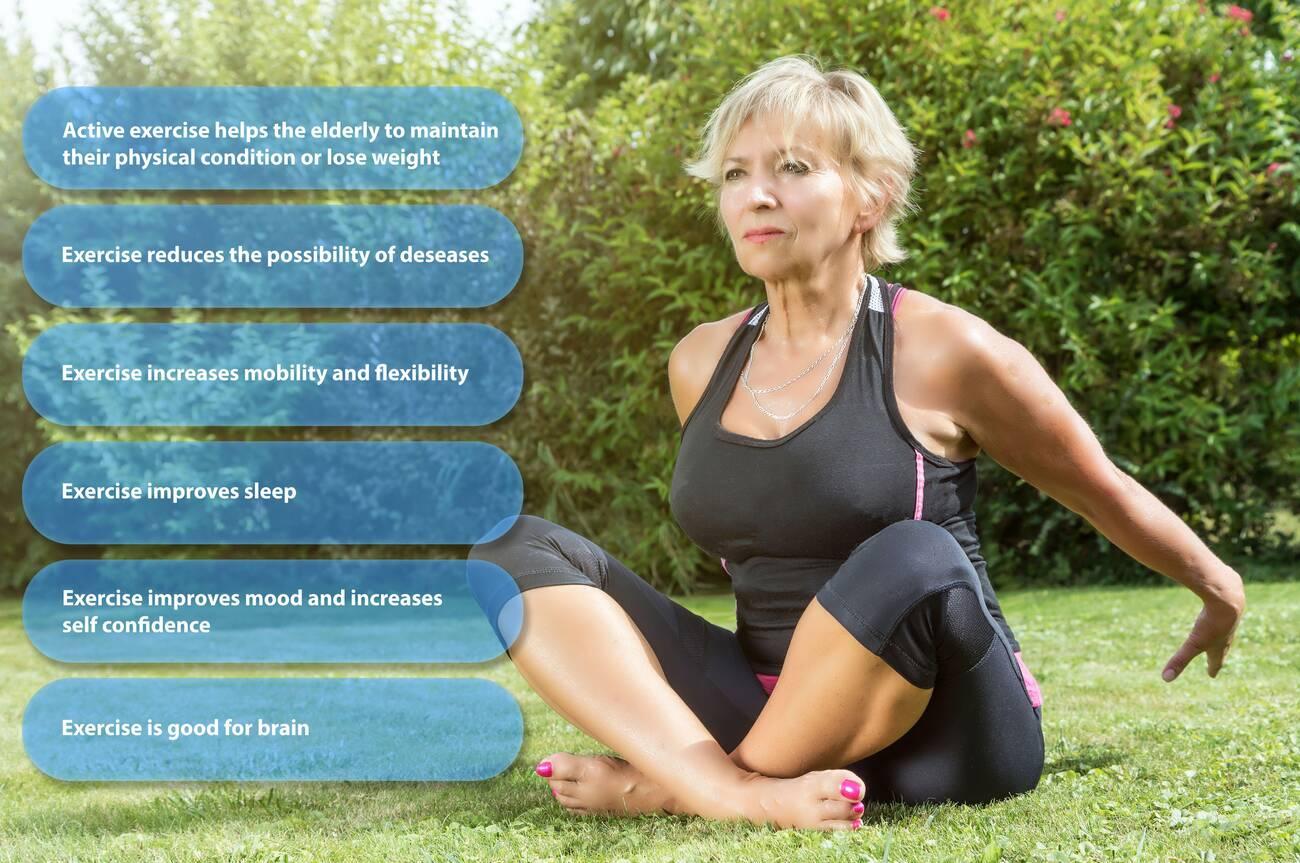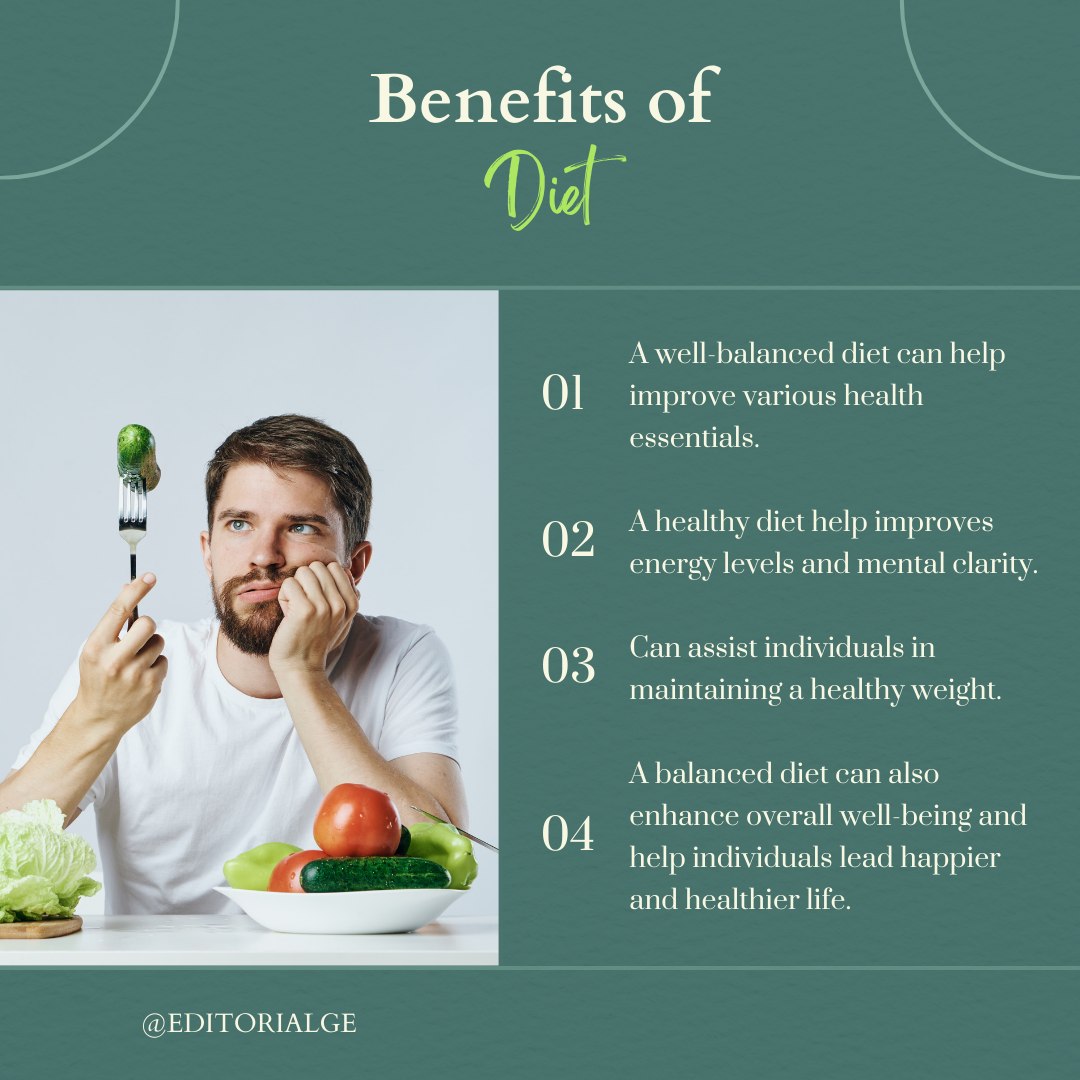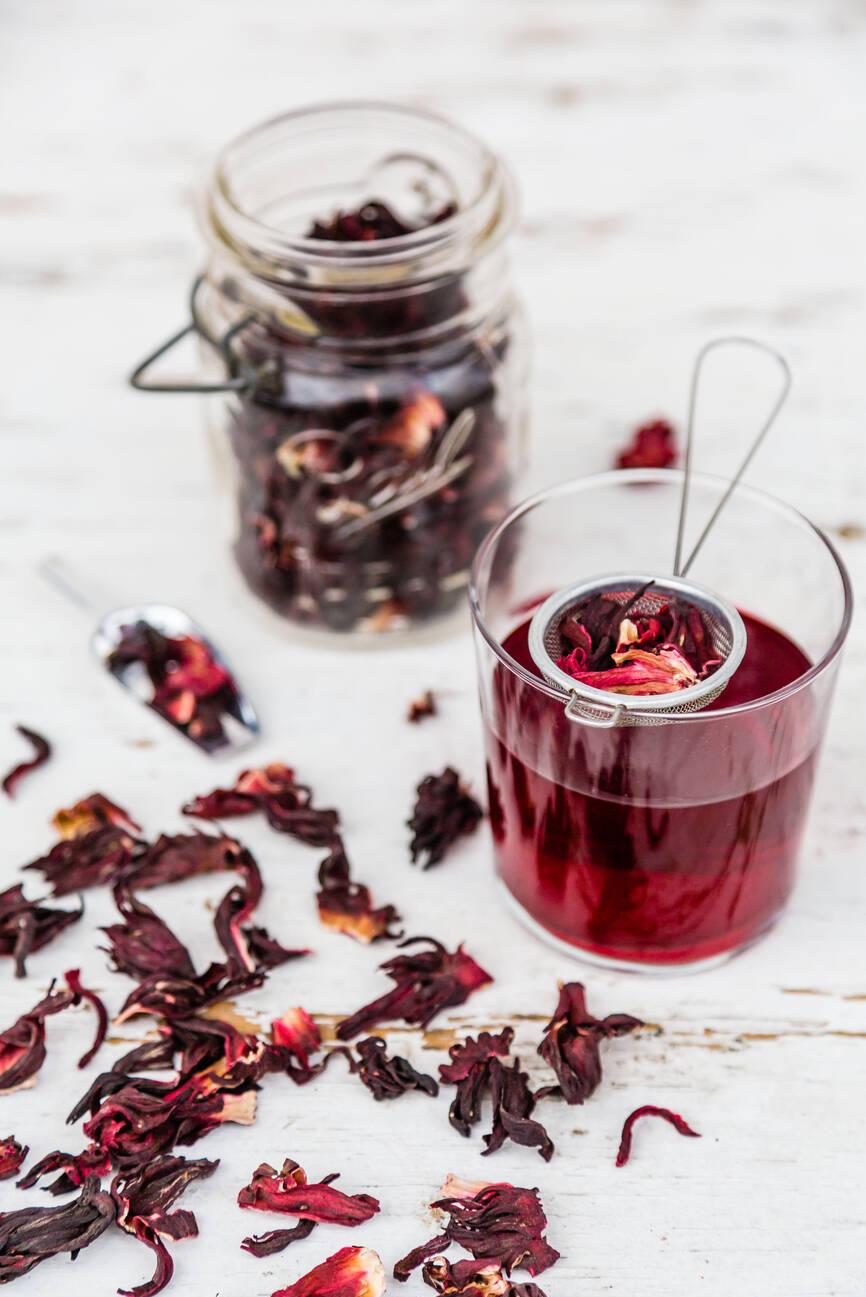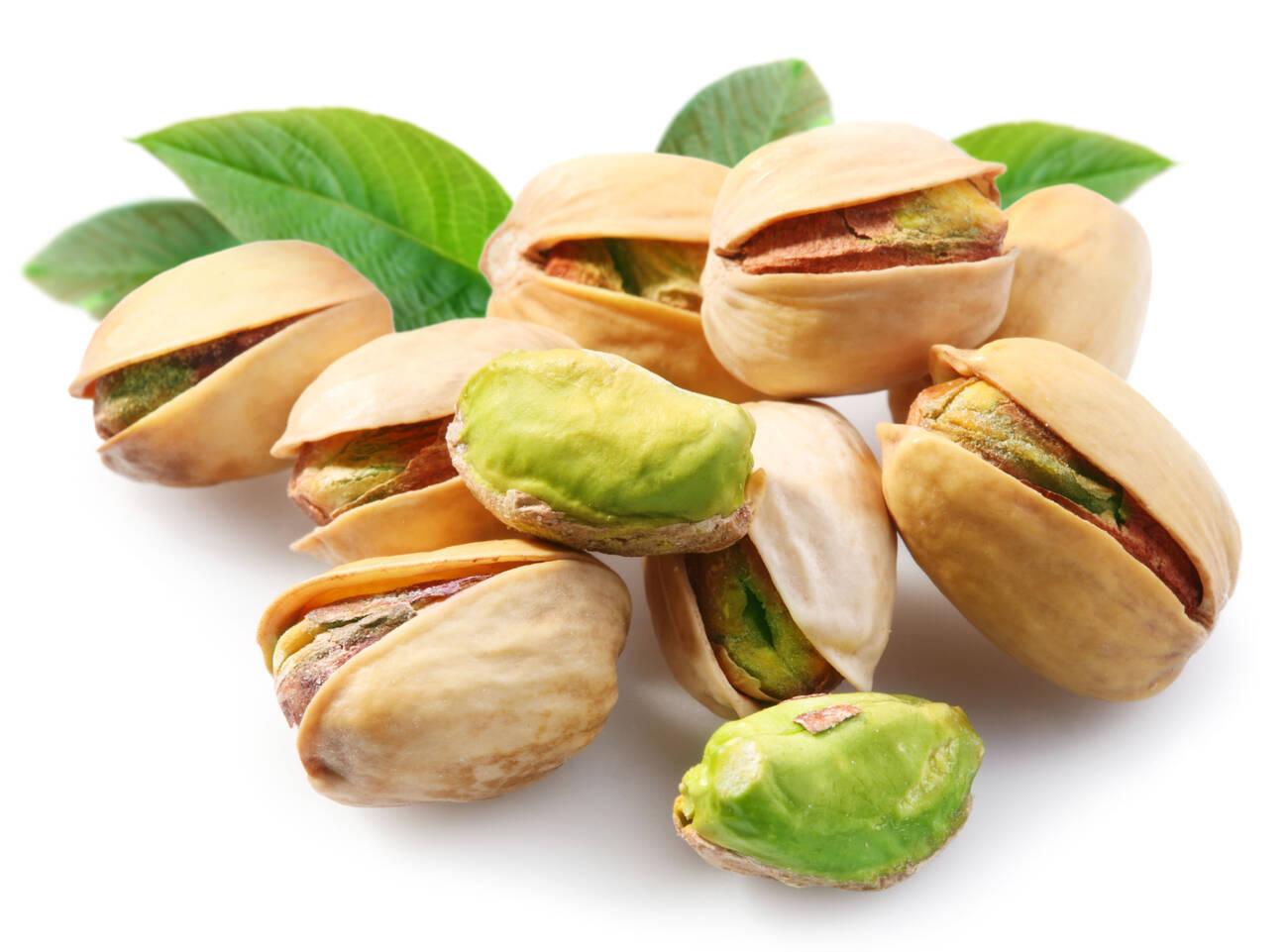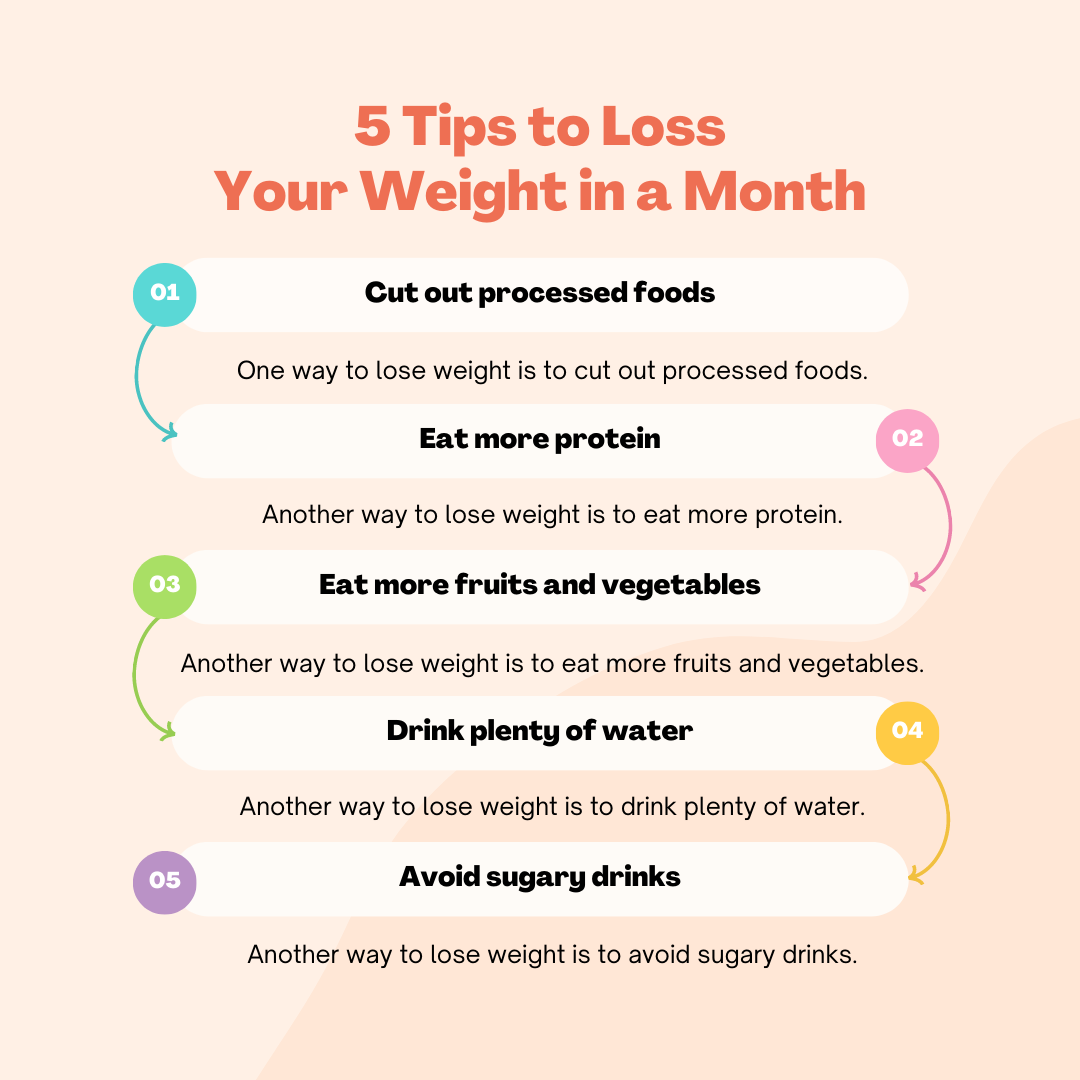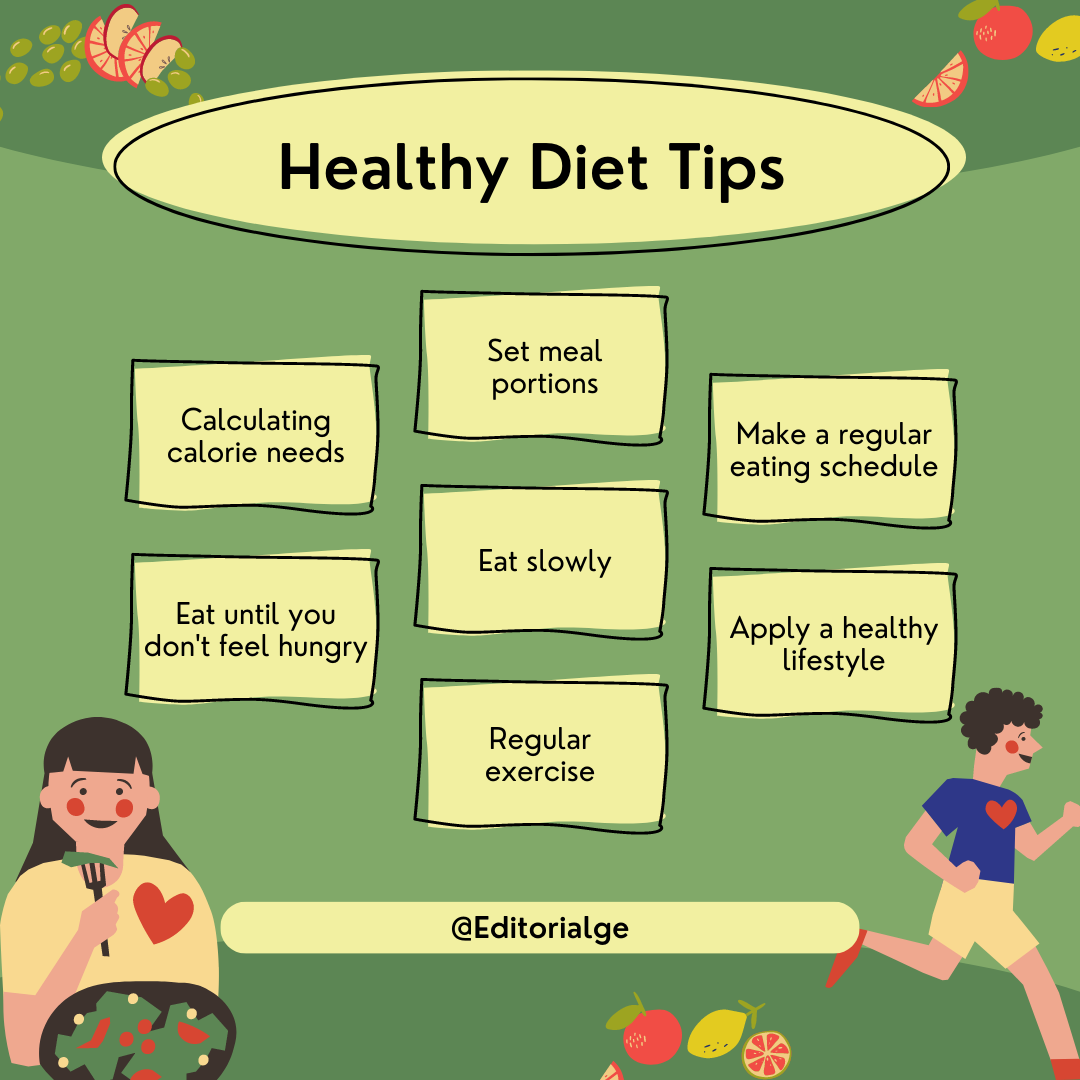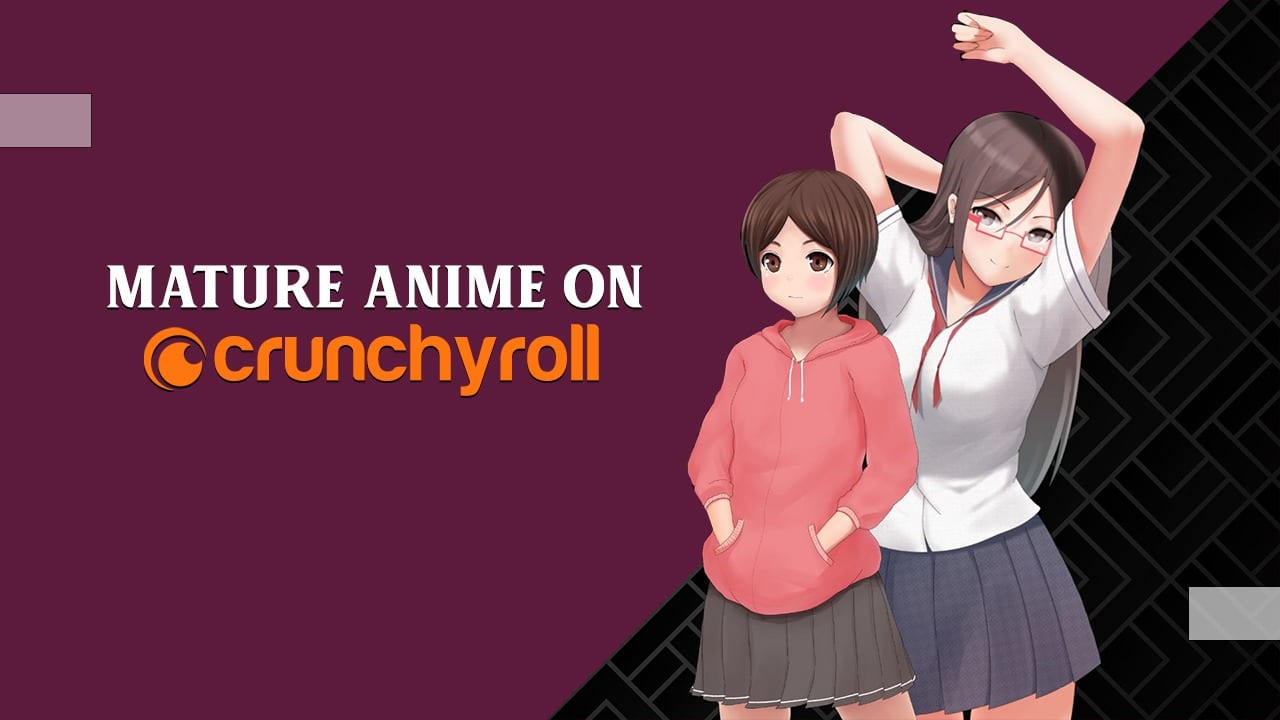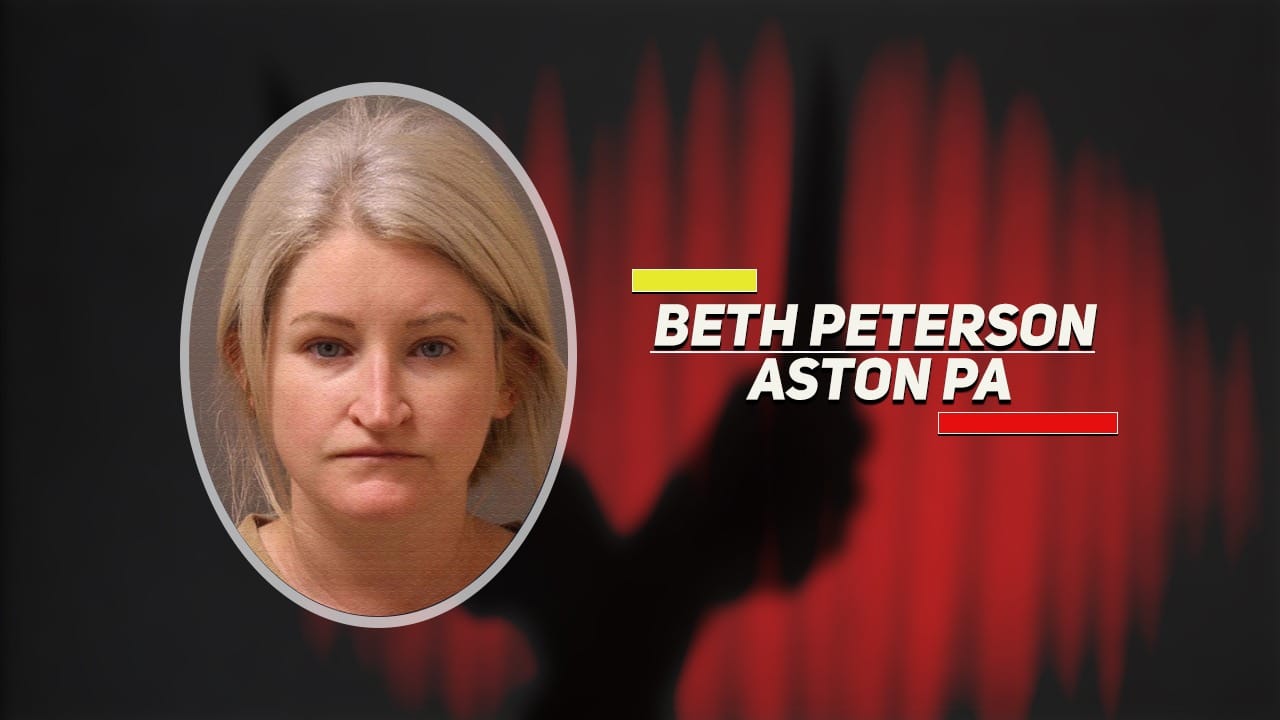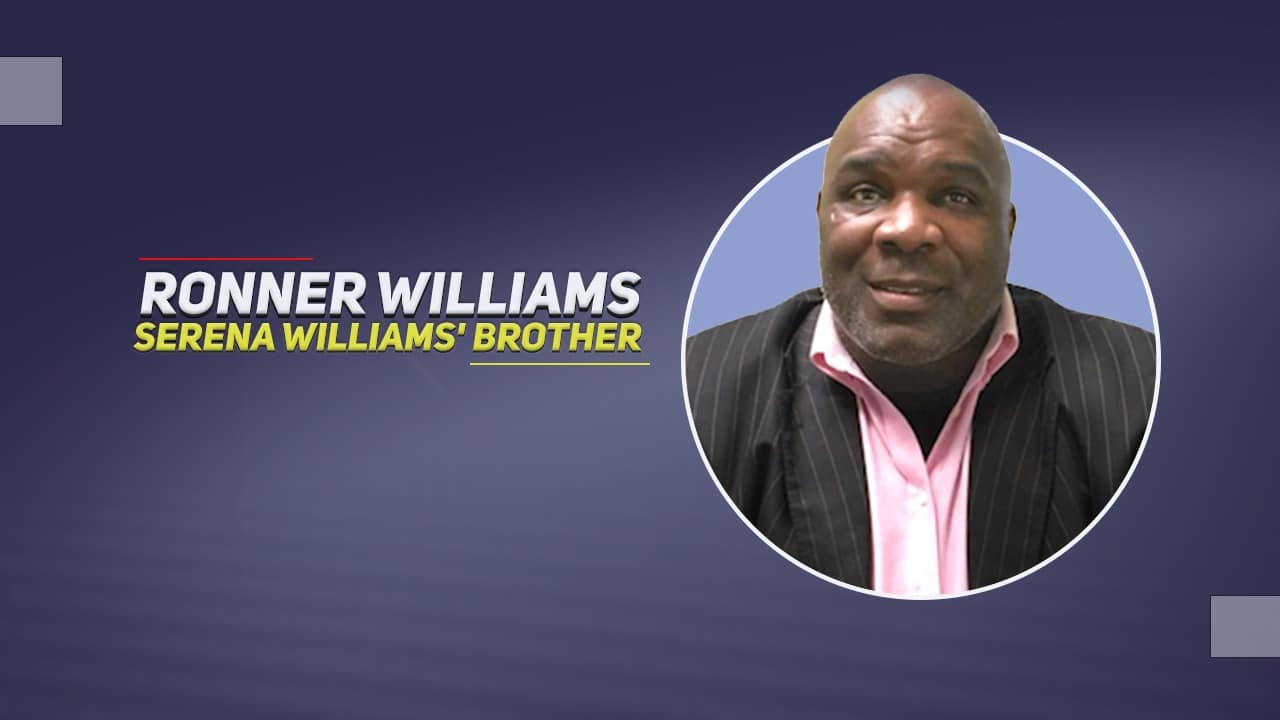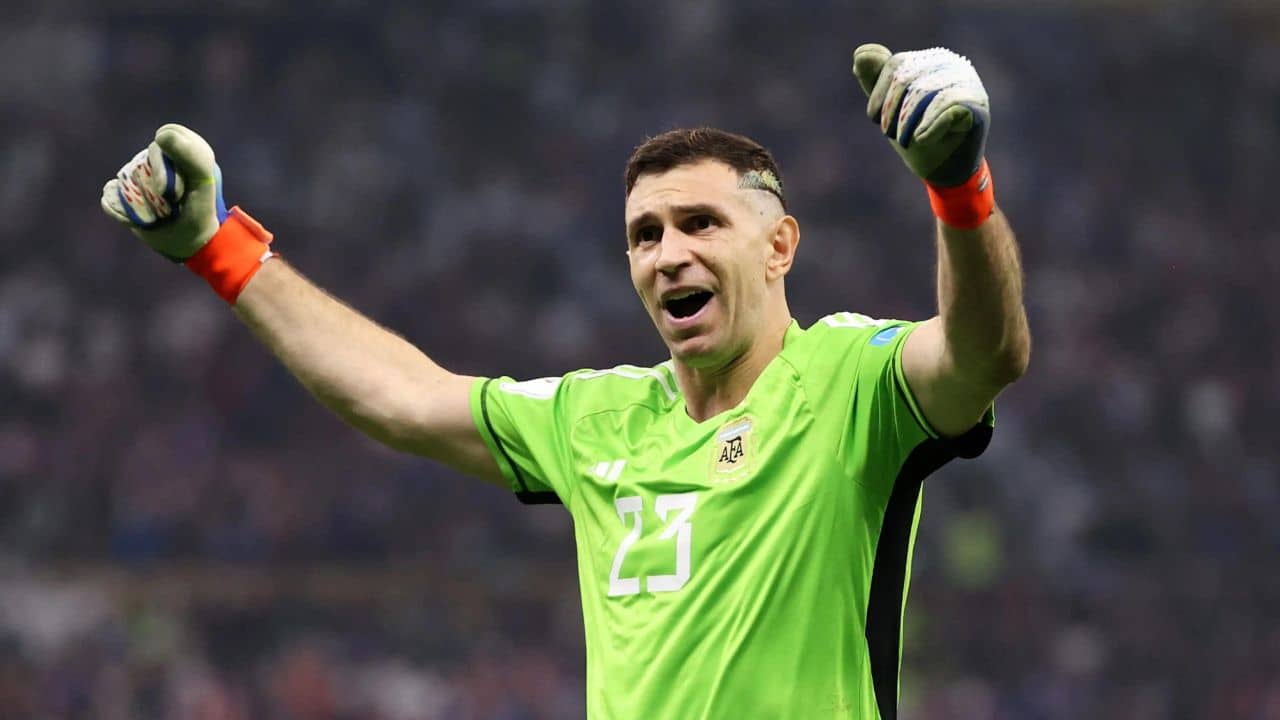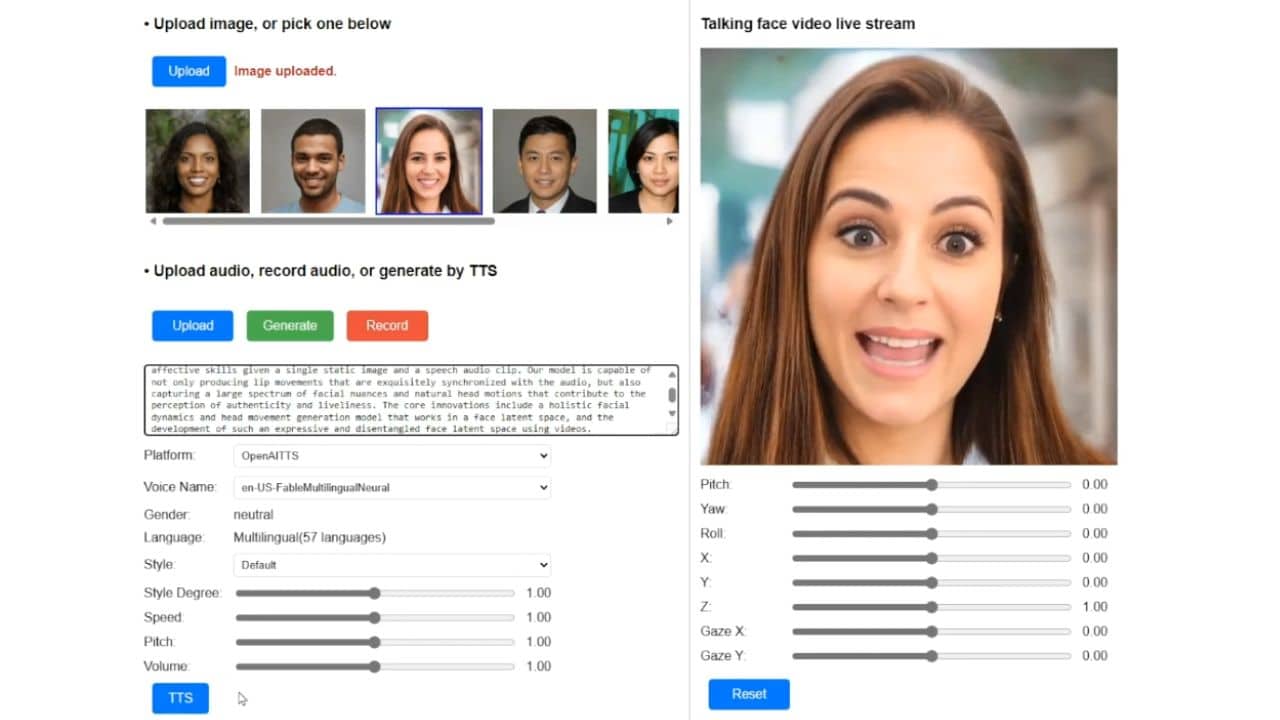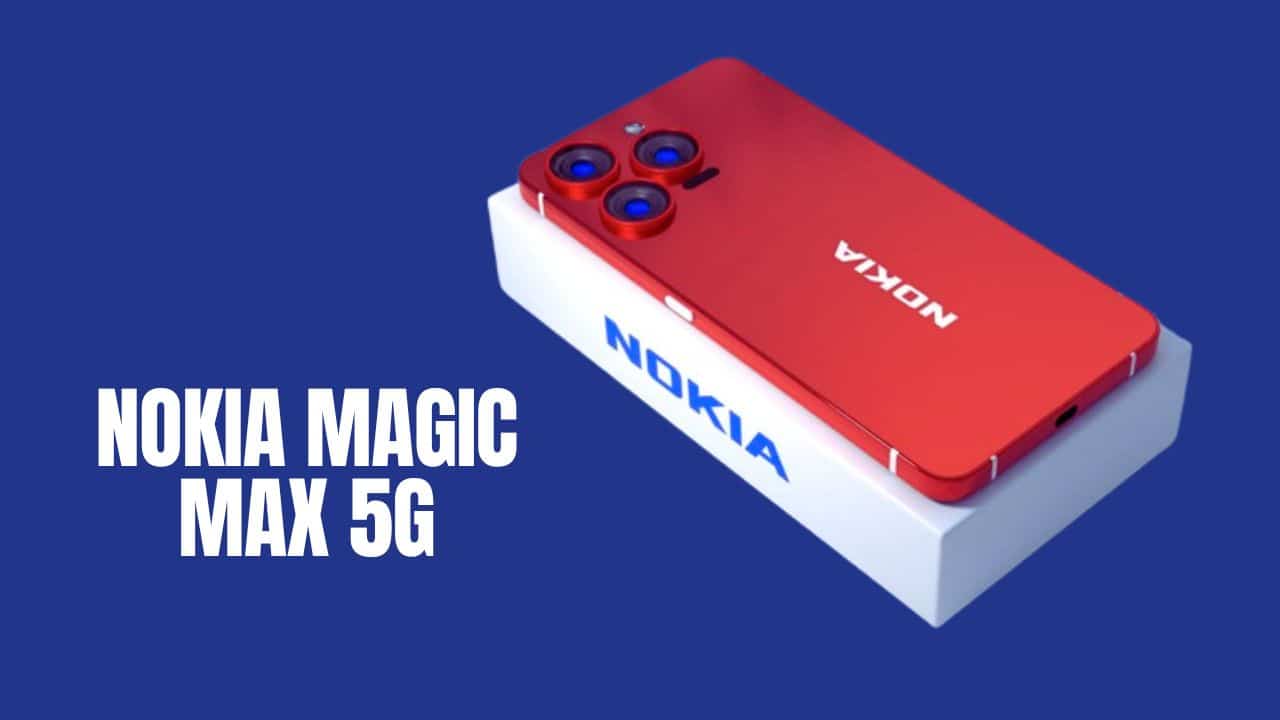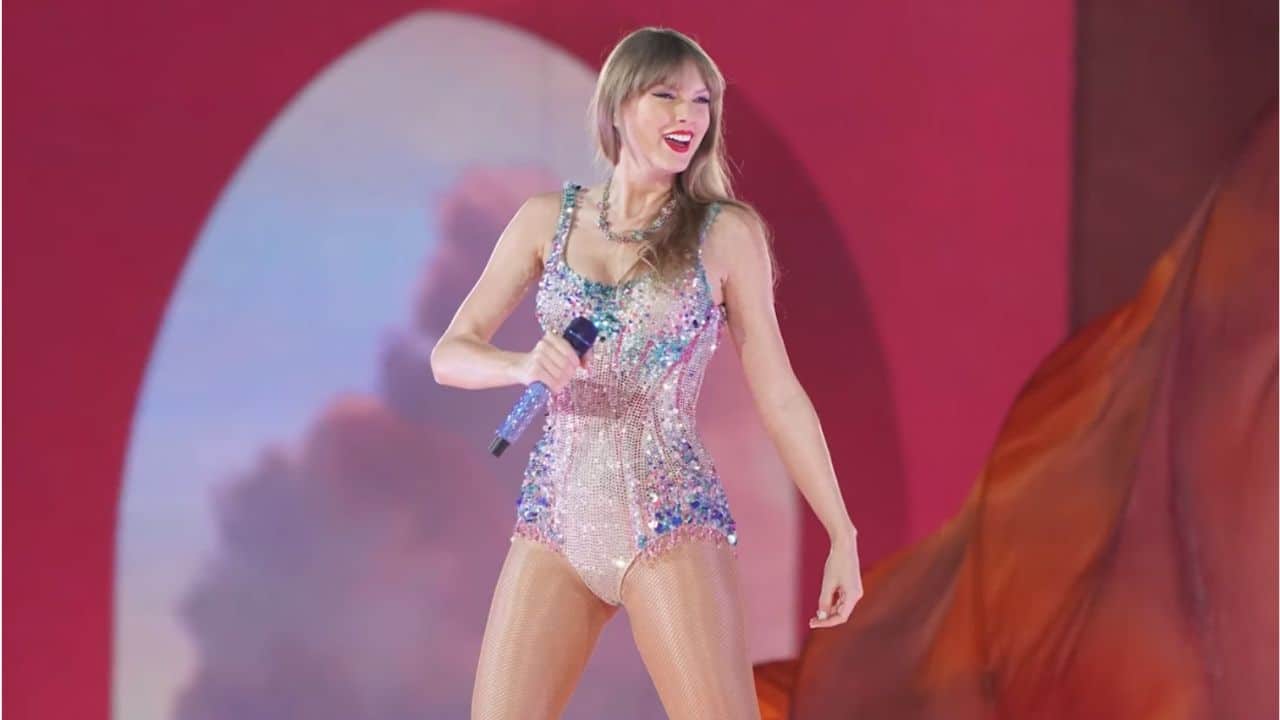Listen to the Podcast:
If you have high blood pressure, you are more likely to have a heart attack or stroke. It’s critical to know your numbers because if you have high blood pressure, you’ll want to lower it. Consult your doctor about the best strategies to reduce your blood pressure. Here are some ideas about the best ways to reduce high blood pressure.
Many people have elevated blood pressure levels. This could be due to a poor lifestyle, heredity, or a consequence of another health issue. The first step toward lowering your blood pressure is determining what is causing it to rise. However, many persons with high blood pressure do not have a clear cause.
In this scenario, visiting a doctor to learn what lifestyle adjustments or drugs they recommend is best. Natural, homeopathic remedies are sometimes sufficient.
What is High Blood Pressure?
According to the CDC, blood pressure is how hard your blood is moving against the walls of your arteries. The arteries transport blood from your heart to the rest of your body.
Your blood pressure will naturally increase and fall during the day. However, if it remains elevated, it is classified as high blood pressure.
There are two methods for measuring your blood pressure:
- Systolic blood pressure is the pressure in your arteries while your heart beats.
- Diastolic blood pressure is the pressure in your arteries when your heart rests between beats.
When you get a blood pressure reading, the systolic blood pressure number appears first, followed by the diastolic blood pressure number.
High blood pressure is defined by the American College of Cardiology and the American Heart Association as a level of 130/80 mmHg or more. Normal blood pressure is less than 120/80 mmHg, whereas low blood pressure is less than 120/80 mmHg.
How is High Blood Pressure Treated?
Dr. Weinberg states high blood pressure is normally treated with medicine and lifestyle changes. However, she usually advises patients to attempt lifestyle changes first.
While there are medications that can help relax your blood vessels, make your heart beat less forcefully, and block nerve activity that can limit your blood vessels, Dr. Weinberg believes that there is “really no substitute” for healthy lifestyle choices such as eating healthily and exercising. Furthermore, while medicine might reduce blood pressure, it can also induce adverse effects such as leg cramps, dizziness, and insomnia.
Read More: Doxycycline Ruined My Life
What Are the Symptoms of High Blood Pressure?
Perhaps you are unsure whether you have high blood pressure. If you haven’t checked your blood pressure in a while, talk to your doctor about setting up a health visit. Meanwhile, here are some major indications of high blood pressure to look out for:
- Headaches
- Nosebleeds
- Dizziness
- Skin flushing (redness)
- Bloody urine
How Can I Reduce My Blood Pressure Immediately?
A happy father lifts his daughter into the air. According to the Centers for Disease Control and Prevention (CDC), high blood pressure (hypertension) is a serious disorder affecting over half of everyone in the United States. High blood pressure was a primary or contributing factor in nearly half a million fatalities in the United States in 2018. High blood pressure happens when the force of blood pushing against the walls of the arteries is always too high. This condition needs to be treated over the long run.
High blood pressure happens when the force of blood pushing against the walls of the arteries is always too high. This condition needs to be treated over the long run:
- Bathe or shower in warm water. Take at least 15 minutes to enjoy the warm water in your shower or bath. This can also help ease the stress in your muscles.
- Perform a breathing exercise. Take a deep inhale from your center, hold it for two seconds, and gently release it. Pause for a few moments before repeating.
- Relax! Stress is a major cause of high blood pressure, so do everything you can to relax. This could be as simple as sitting in a quiet room for a few seconds, stretching, reading a nice book, or meditating.
These strategies can provide a fast fix, but you must execute a long-term care strategy to control your high blood pressure successfully. Some of the most effective methods for lowering blood pressure are:
- Losing excess weight
- Quitting smoking
- Reducing alcohol and caffeine intake
- Prioritizing sleep
- Avoiding stressful situations, if possible
- Reducing the amount of salt, sugar, refined carbs, and processed foods you eat
- Getting about 30 minutes of low-impact exercise every day.
- Taking medication to lower blood pressure
Read Also: World Asthma Day 2023
20 Best Ways to Reduce High Blood Pressure Naturally
Many people have elevated blood pressure levels. This could be due to a poor lifestyle, heredity, or a consequence of another health issue. The first step toward lowering your blood pressure is determining what is causing it to rise. However, many persons with high blood pressure do not have a clear cause. In this scenario, visiting a doctor to learn what lifestyle adjustments or drugs they recommend is best. Natural, homeopathic remedies are sometimes sufficient.
1. Get More Exercise
Exercise is the greatest and cheapest way to lower your blood pressure, and it doesn’t have to include going to the gym, running marathons, or participating in team sports. Brisk walking or cycling, online strength classes, and other home-based activities also benefit health.
Physical activity helps strengthen and improve the efficiency of your heart. This modification may relieve pressure on your heart and blood vessels. To maintain your blood pressure low, you should be active every day.
2. Cut Down on Salt
Although not everyone’s blood pressure is sensitive to salt, everyone could benefit from reducing their intake, according to Eva Obarzanek, Ph.D., a research dietitian at the National Heart, Lung, and Blood Institute. The American Heart Association (AHA) recommends limiting salt intake to 1,500 milligrams (mg) per day and no more than 2,300 mg (approximately a teaspoon). Obarzanek advises avoiding packaged and processed foods, particularly hidden salt bombs like bread, pizza, poultry, soup, and sandwiches.
3. Dark Chocolate
More and more chocolate advantages are being discovered. Small doses of dark chocolate have been shown in studies to help decrease blood pressure. According to one study, eating just 30 calories of dark chocolate daily was enough to lower blood pressure moderately.
Flavanols included in dark chocolate help to maintain healthy blood flow. A nutritious diet, exercise should always accompany this snack, and, if medically necessary, weight loss.
4. Diet
The best way to improve your health and blood pressure is to regulate what you eat daily. Food can improve or worsen your illness. Leafy greens, including kale, turnip greens, spinach, and arugula, contain potassium and can help lower sodium levels in the blood, improving blood pressure regulation.
Frozen veggies have the same nutritional value as fresh vegetables, while canned vegetables can have a high salt content. To receive the best benefit, buy fresh vegetables rather than canned ones.
5. Hibiscus Tea
Tea drinking is a tradition in many civilizations around the world. Because of the phytochemicals in hibiscus tea, it can help lower systolic blood pressure.
Although it can be drunk hot or cold, the suggested dosage of hibiscus tea varies depending on weight, age, and health state. A physician or a dietician can assist you in determining the appropriate amount for you.
6. Soy
Soy includes isoflavones, estrogen-like substances that help lower blood pressure (systolic), indicating the force inside the artery walls when the heart contracts.
Isoflavones also contribute to the synthesis of enzymes that produce nitric oxide. These enzymes are necessary for blood vessel relaxation and to reduce blood pressure. Consult your doctor to see if including soy in your diet is right.
7. Less Alcohol
Too much alcohol hurts health and can raise blood pressure and weight because most alcohol contains many calories. Reduced alcohol consumption is critical for persons with high blood pressure. People should aim to consume less than 14 units of alcohol each week.
A unit of alcohol equals one measure of liquor, half a pint of regular beer, or half a standard glass of red wine.
8. Reduce Caffeine
Caffeine can produce a short-term jump in blood pressure for some people, while it is a vital element of their daily routine for others. Caffeine’s effect on blood pressure measurements varies. When reasonable levels of caffeine are consumed, some persons see little increase.
If you have high blood pressure, you should be careful. Consult your doctor about how much caffeine you can safely drink.
9. Manage Stress
We experience difficult situations at work and at home every day, and it is critical to understand how to deal with stress. Stress causes the release of adrenaline and cortisol, which are stress hormones that increase heart rate and restrict blood vessels, raising blood pressure. There are numerous ways to minimize stress and identify, handle, or avoid stressful circumstances.
10. Quit Smoking
Tobacco use is linked to a variety of disorders, including hypertension. Nicotine can cause a rise in blood pressure and heart rate, as well as an increase in the risk of blood clots and a heart attack or stroke. It can also constrict arteries and make their walls stiffer and less flexible.
Stopping smoking can be tough and time-consuming, but it has benefits other than decreasing blood pressure.
11. Get More Vitamin
According to research, a few vitamins and minerals may be beneficial in decreasing blood pressure. However, before taking any, consult with your doctor. Make certain that they are aware of everything you take.
Vitamin C: Antioxidants protect the linings of your blood vessels. Orange juice, fruits like kiwi and strawberries, and vegetables like broccoli, kale, tomatoes, and sweet red peppers, are high in vitamin C. Adults should take 400 mg daily.
Vitamin D: This vitamin aids in producing the enzyme renin, associated with blood pressure health. Vitamin D can be obtained via fatty fish such as salmon or mackerel, as well as milk. You can also get vitamin D from the sun or take a supplement.
Also Read: Magnesium Complex for lower blood pressure
12. Increase Potassium
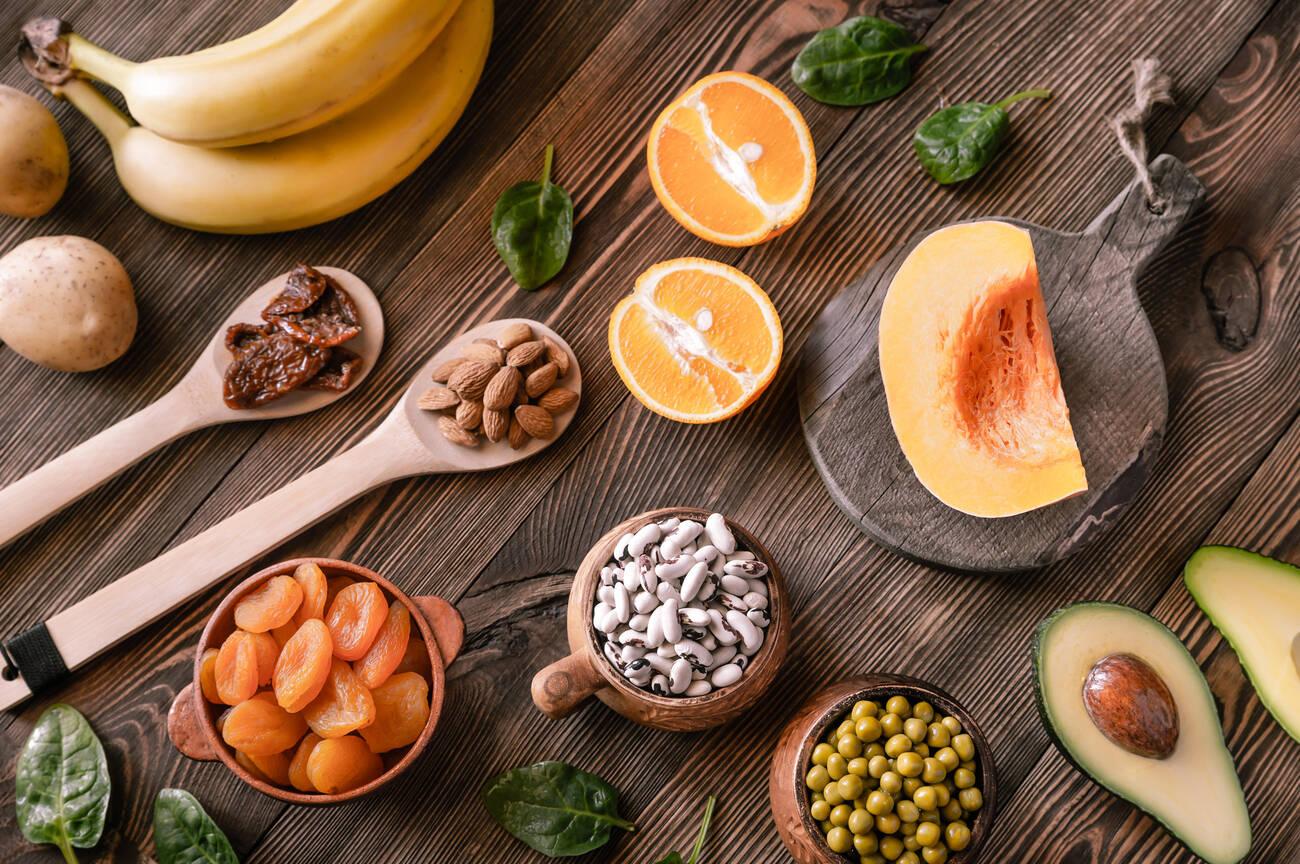
Doctors frequently advise persons with high blood pressure to eat less salt because sodium can lead to elevated blood pressure levels. Increasing potassium allows a person to move more salt in their urine, essential for lowering high blood pressure. Increased potassium intake should always be discussed with a doctor because it can be problematic for persons with kidney problems.
Avocados, fat-free yogurt, vegetables, and potatoes are all high in potassium.
13. Reduce Sugar
According to recent research, eating too much sugar may contribute to high blood pressure. It can also cause weight gain, and persons who are overweight are more likely to have high blood pressure. The recommended daily sugar limit for women is 25 grams and 9 grams for men. The best strategy to reduce sugar is to avoid sugary drinks and consume fewer items with added sugar.
14. Increase Sleep
According to research, getting more sleep may help to reduce blood pressure. Sleep aids in the regulation of stress hormones and the maintenance of a healthy neural system. Sleeping less than five hours daily may result in elevated blood pressure over time.
Sleeping seven to eight hours every night may aid in treating and preventing high blood pressure.
Keep Reading: Benefits of Massage Therapy
15. Eat Garlic
According to a study, garlic shows potential in the treatment of hypertension. It may lower blood pressure nearly as well as prescribed medication, with few known adverse effects, though it does not affect blood pressure readings that are already within the normal range.
Garlic powder or cooked garlic yields the best results. However, supplements might also help. It’s worth noting that these advantages are only shown with really high garlic doses.
16. Increase Protein

People with a high-protein diet may be less likely to develop high blood pressure. According to research, those who consume the most protein reduce their risk of hypertension by over 40%. Eat plenty of low-fat, protein-rich foods like poultry, fish, and eggs for the best outcomes.
Many plant-based meals, such as oats, lentils, chickpeas, green peas, and tofu, are also high in protein.
17. Relax with Music
According to an Italian study, the appropriate music (and a few deep breaths) can help lower your blood pressure. Researchers assigned 29 persons who were already taking blood pressure medication to listen to relaxing classical, Celtic, or Indian music for 30 minutes every day while breathing gently. Their blood pressure dramatically fell when they checked in with the participants six months later. Louder, quicker music is unlikely to work, but there’s no harm in blessing out to a couple of ambient tracks.
18. Switch to Decaf
According to a 2016 meta-analysis of 34 research, the caffeine in one or two cups of coffee boosts systolic and diastolic blood pressure for up to three hours, constricting blood vessels and amplifying the effects of stress. “When you’re stressed, your heart pumps a lot more blood, which raises blood pressure,” explains James Lane, Ph.D., a Duke University researcher researching coffee and cardiovascular health. “And caffeine makes that effect even stronger.” Decaf tastes the same as coffee but doesn’t make you feel bad.
19. Try Fermented Foods

A meta-analysis of over 2,000 patients published in 2020 discovered that eating fermented foods high in probiotics—specifically supplements produced from fermented milk—was associated with a moderate drop in blood pressure in the near run. The bacteria in these meals could be the culprit, producing compounds that reduce blood pressure when they reach the bloodstream. Other fermented foods, such as kimchi, kombucha, and sauerkraut, haven’t been examined as thoroughly, but they can’t hurt.
20. Seek Help for Snoring
Snoring is a symptom of obstructive sleep apnea (OSA), which causes brief but potentially serious breathing disruptions. Up to half of sleep apnea patients also have hypertension, which could be caused by high aldosterone levels, a hormone that raises blood pressure. According to Robert Greenfield, M.D., medical director of Non-Invasive Cardiology & Cardiac Rehabilitation at MemorialCare Heart & Vascular Institute, treating sleep apnea could help improve blood pressure.
Also Read: Health Tips for the Next 8 Years
10 Best Ways to Reduce High Blood Pressure with Food
Here are some meals that can help you maintain normal blood pressure and overall health:
1. Unsweetened yoghurt:
A recent study found that yogurt may improve blood pressure in those with hypertension.1 This is due to its high levels of the minerals calcium, potassium, and magnesium, all of which are known to help regulate blood pressure. Look for natural and Greek yogurts that are unsweetened and may be combined with fruits, seeds, and nuts for a nutritious breakfast or snack.
2. Berries:
Strawberries and blueberries are high in anthocyanins, which are antioxidant chemicals. Studies found anthocyanins to lower blood pressure in persons with hypertension.2 Furthermore, berries are wonderful! Sprinkle them over yogurt, cereal, or oatmeal for a sweet afternoon snack.
3. Beets:
This root vegetable contains a lot of nitric oxide, which has been demonstrated to lower systolic blood pressure.3 Beets can be served as a side dish or added raw to salads. You may even buy beetroot juice (no sugar added) to drink or add to smoothies.
4. Sweet Potatoes:
This magnesium, potassium, and fiber-rich side dish is a tasty approach to decreasing blood pressure.
5. Leafy Greens:
Cabbage, collard greens, spinach, kale, and other greens have significant levels of nitrates, which have been linked to lower blood pressure.4 Changing how you consume your greens makes it easier to receive your daily intake. You can, for example, sauté spinach for a nice side dish, add fennel to soup or bake kale chips in the oven.
6. Fatty Fish:
Salmon and mackerel are high in omega-3 fatty acids and vitamin D, which can help decrease and maintain blood pressure. Season your favorite filet, drizzle with olive oil, and broil in the oven.
7. Whole Grains (Especially Oatmeal):
Oats and other whole grains include beta-glucan fiber, which may reduce systolic and diastolic blood pressure. Start your day with a cup of unsweetened oatmeal, make sandwiches on whole-grain bread for lunch, and serve seasoned quinoa with dinner.
8. Pistachios:
According to one study, eating pistachios can help decrease blood pressure during stressful moments.5 These healthful nuts, which are best eaten unsalted, can add crunch and flavor to various salads. You may also make pesto with them or have a few handfuls as a snack.
9. Bananas:
One medium-sized banana has a significant amount of potassium: 422 milligrams. Other potassium-rich foods that help decrease blood pressure naturally include beans, tomatoes, mushrooms, and avocado.
10. Kiwifruit:
One study shows that eating three kiwifruits daily can significantly lower blood pressure.6 Kiwi is great in fruit salads or sprinkled on plain yogurt.
Also Read: Cold Icy Feeling Inside Chest
10 Best Ways to Reduce High Blood Pressure without Medication
If you have high blood pressure, you may wonder if you need to take medicine to bring it down. However, lifestyle choices are critical in the treatment of high blood pressure. Blood pressure control by a healthy lifestyle may prevent, delay, or lessen the need for medication.
Here are ten lifestyle adjustments to help you lower and maintain your blood pressure.
1. Shed Extra Pounds and Keep an Eye on Your Waistline
Blood pressure typically increases as weight increases. In addition, being overweight can lead to sleep apnea, further increasing blood pressure.
Weight loss is one of the most beneficial lifestyle changes for regulating blood pressure. If you are overweight or obese, even a modest weight loss can help reduce your blood pressure. Generally, a weight loss of one kilogram (2.2 pounds) lowers blood pressure by approximately one millimeter of mercury (mm Hg).
Likewise, the dimension of the waistline is crucial. Carrying excess weight around the midriff can increase the likelihood of developing hypertension.
In general:
- Men are in danger if their waist circumference exceeds 40 inches (102 cm).
- Women are at risk if their waist circumference exceeds 35 inches (89 cm).
These figures differ depending on ethnic background. Inquire with your doctor about a healthy waist measurement for you.
2. Exercise Regularly
Regular physical activity can reduce elevated blood pressure by 5 to 8 mm Hg. It is essential to continue exercising to prevent a recurrence of blood pressure elevation. Aim for at least 30 minutes of moderate physical activity daily as a general goal.
Exercise can also help prevent the development of hypertension (high blood pressure). Regular physical activity can help hypertensive individuals reduce their blood pressure.
Aerobic exercises such as walking, sprinting, cycling, swimming, and dancing can help reduce blood pressure. Interval training of high intensity is another option. Short bursts of intense exertion are interspersed with periods of lighter activity in this training style.
Additionally, strength training can help reduce blood pressure. Aim for at least two strength training workouts per week. Consult your physician before beginning an exercise regimen.
3. Eat a Healthy Diet
A diet rich in whole cereals, fruits and vegetables, low-fat dairy products, and low in saturated fat and cholesterol can reduce hypertension by as much as 11 mm Hg. Dietary Approaches to Stop Hypertension (DASH) and the Mediterranean diet are two examples of diets that can help lower blood pressure.
Potassium in the diet can reduce the blood pressure-raising effects of sodium (salt). Fruits and vegetables are superior sources of potassium than dietary supplements. Aim for 3,500 to 5,000 mg daily to achieve a 4 to 5 mm Hg reduction in blood pressure. Consult your physician regarding how much potassium you should consume.
4. Reduce Salt (sodium) in your Diet
Even a slight reduction in sodium intake can enhance heart health and lower blood pressure by 5 to 6 mm Hg.
To reduce sodium in the diet:
- Check food labels. Consider foods and beverages with low sodium content.
- Limit your consumption of processed goods. The natural sodium content of foods is very low. The vast majority of sodium is introduced during manufacturing.
- Do not add salt to the dish. Herbs and seasonings are utilized to flavor food.
- You can control the sodium content of your food by cooking it.
5. Limit Alcohol
Restricting alcohol intake to less than one drink per day for women and two drinks per day for men can reduce blood pressure by approximately 4 mm Hg. The equivalent of one drink is 12 ounces of lager, 5 ounces of wine, or 1.5 ounces of 80-proof liquor.
However, excessive alcohol consumption can cause a significant increase in blood pressure. It can also reduce the efficacy of blood pressure medications.
6. Quit Smoking
Cigarette smoking raises blood pressure. Quitting smoking lowers blood pressure. It can also lower the risk of heart disease and enhance overall health, potentially resulting in longer life.
7. Reduce Stress
Chronic emotional stress may contribute to the development of hypertension. More research is required to ascertain whether or not stress reduction techniques help reduce blood pressure.
However, it does not harm to determine what causes stress, such as work, family, the economy, or illness, and how to cope with it. Consider the subsequent:
- Avoid taking on too much. Schedule and prioritize your daily activities. Master the art of saying no. Allow sufficient time to complete the current duties.
- Concentrate on matters you can influence and devise solutions. Discuss a workplace issue with a supervisor. Find ways to resolve conflicts with your spouse or offspring.
- Refrain from stressors. If rush-hour traffic causes tension, for instance, travel at a different time or utilize public transportation. If possible, avoid agitated individuals.
- Make time for relaxation. Spend time each day sitting quietly and profoundly inhaling and exhaling. Make time for enjoyable pursuits such as walking, cooking, and volunteering.
- Exercise gratitude. Thankfulness for others may reduce tension.
Also Read: World Thalassemia Day 2023
8. Check your Blood Pressure at Home and See a Doctor Regularly
Home monitoring could assist you in monitoring your blood pressure. It can ensure the efficacy of your medications and lifestyle changes.
Blood pressure monitors for the home are readily available and do not require a prescription. Consult with a healthcare professional before beginning private monitoring.
Regular doctor visits are also necessary for blood pressure control. Ask your physician how often you should monitor your blood pressure if it is under control. You may only be able to view it daily or less frequently.
9. Get a Good Night’s Sleep
Hypertension can be caused by sleep deprivation (less than six hours of sleep per night for several weeks). Sleep apnea, restless limb syndrome, and insomnia are all conditions that can interfere with sleep.
Try these simple sleep-improvement strategies if you don’t suffer from sleep apnea or restless leg syndrome.
- Maintain a consistent sleep routine. Every day, sleep and awaken at the same time.
- Maintain a consistent weeknight and weekend schedule.
- Create a tranquil environment. This includes maintaining a cold, calm, and dark sleeping environment. In the hour preceding nightfall, engage in a calming activity. This may involve having a warm bath or engaging in relaxation techniques. Avoid glaring light, such as that produced by a computer or television screen.
- Pay close attention to what you ingest and drink. Do not go to bed hungry or bloated. Avoid eating large meals close to nighttime. Limit or avoid tobacco, caffeine, and alcohol before bedtime.
- Limit your sleep. Those who find daytime napping advantageous may benefit from limiting naps to 30 minutes in the morning.
10. Get Support
They may encourage you to take care of yourself, drive you to the doctor’s office, or start an exercise program with you to keep your blood pressure under control.
Consider joining a support group if you need assistance outside your family and friends. This may put you in contact with people who can give you an emotional or morale boost and practical advice on dealing with your disease.
Additional Recommendations
Dr. Laffin adds a few more recommendations that he believes are significant, despite the lack of evidence that they directly impact blood pressure.
- Stop smoking. Smoking and high blood pressure both injure the lining of your blood vessels. Smoking is difficult to stop, but it will improve your overall health.
- Obtain sufficient restorative slumber. Sleep deprivation has numerous negative effects on your health. “Getting six to eight hours of uninterrupted sleep per night can help prevent high blood pressure and widely fluctuating blood pressure, which we now know is just as dangerous as high blood pressure,” Dr. Laffin explains.
- Reduce your anxiety. “Chronic stressors can impact lifestyle factors that are important for your blood pressure,” he continues. When chronically worried or anxious, you may sleep less, exercise less, and make hazardous nutritional choices.
Final Words
Because high blood pressure increases the risk of heart attack and stroke, it is critical to know your numbers and consult a doctor before making any lifestyle changes or taking drugs. Natural, homeopathic remedies may suffice.
Smoking, lack of sleep, and chronic stress can hurt blood pressure. Smoking is difficult to quit, yet it can be helpful to one’s overall health.

